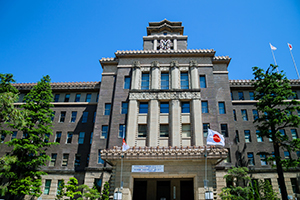Governments are increasingly recognizing their role in supporting corporate emissions reduction and incentivizing private-sector climate action.
LATEST

- Finance sector development, Governance and public sector management

- Environment, Finance sector development, Industry and trade
Subscribe to our Newsletter
Stay updated with ADBI news, publications, events and opportunities.
About Asia Pathways
Asia Pathways is the blog of the Asian Development Bank Institute, exploring ideas and solutions for advancing sustainable and inclusive development in Asia and the Pacific.




